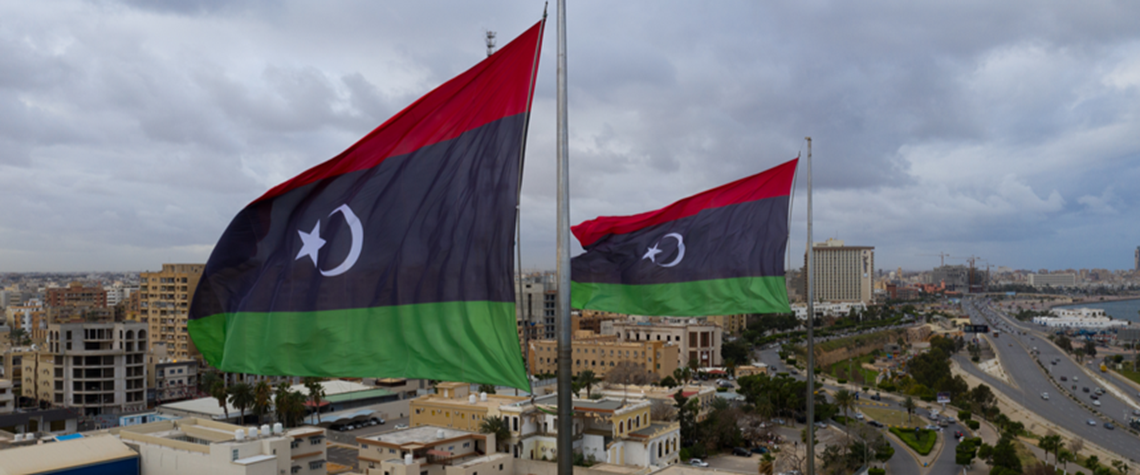Libya’s oil industry faces renewed turbulence
After a year of relative calm, chaos has returned to Libya with the cancellation of planned elections and the emergence of two rival prime ministers
The struggle between Libya’s sitting prime minister, Abdulhamid Dbeibeh, and the man parliament wants to replace him with, Fathi Bashagha, is likely to be protracted. Neither man seems likely to devise a cabinet acceptable to all of Libya’s armed factions, raising the possibility of a return to the civil war that was suspended by a UN-brokered ceasefire in 2020. This spells a period of uncertainty for the oil sector, as Libya’s National Oil Corporation (NOC) is caught in the country’s political battles. Elections had been set for 24 December 2021, the 70th anniversary of Libya’s independence, and were to have been the culmination of a two-year-long UN peace process. That process saw two warr

Also in this section
17 February 2026
The 25th WPC Energy Congress, taking place in Riyadh, Saudi Arabia from 26–30 April 2026, will bring together leaders from the political, industrial, financial and technology sectors under the unifying theme “Pathways to an Energy Future for All”
17 February 2026
Siemens Energy has been active in the Kingdom for nearly a century, evolving over that time from a project-based foreign supplier to a locally operating multi-national company with its own domestic supply chain and workforce
17 February 2026
Eni’s chief operating officer for global natural resources, Guido Brusco, takes stock of the company’s key achievements over the past year, and what differentiates its strategy from those of its peers in the LNG sector and beyond
16 February 2026
As the third wave of global LNG arrives, Wood Mackenzie’s director for Europe gas and LNG, Tom Marzec-Manser, discusses with Petroleum Economist the outlook for Europe’s gas market in 2026







